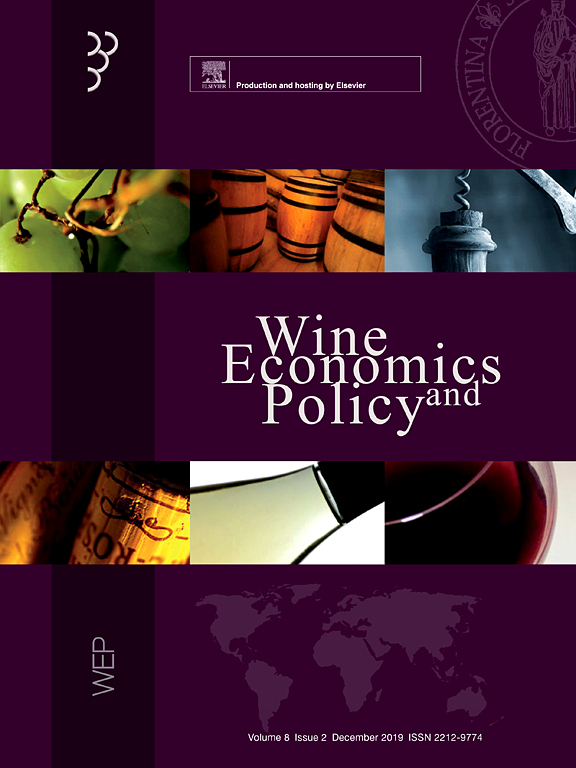Weather index-based insurance as a meteorological risk management alternative in viticulture
Published 2019-12-31
Keywords
- Weather index-based insurance,
- Viticulture,
- Meteorological risk,
- Hedging effectiveness,
- Copula approach
How to Cite
Abstract
This article explores the hedging potential of two weather index-based insurance programmes designed for the Rias Baixas Protected Designation of Origin (Spain). The first alternative insures both extreme and non-extreme weather events, while the second instrument covers exclusively extreme meteorological states. Two bioclimatic indicators computed for the period most correlated to grape yields are proposed as underlyings: the Branas, Bernon and Levadoux (BBL) and the Ribéreau-Gayon and Peynaud hydrothermal scale (RGP). Yield-weather dependence is then modelled with two different methodological approaches: copulas and linear regression. To asses the risk reducing potential, a hedging effectiveness analysis based on real and simulated data is carried out. The model uses variance and expected shortfall as risk measures. The results attained point out the high hedging ability of both insurance programmes, especially of the first of them based on RGP. This appraisal also reveals that the copula technique outperforms linear regression. Overall, the study results suggest that the implementation of policies geared to bioclimatic indices able to signal adverse weather events can significantly mitigate weather-related yield variations in viticulture.

